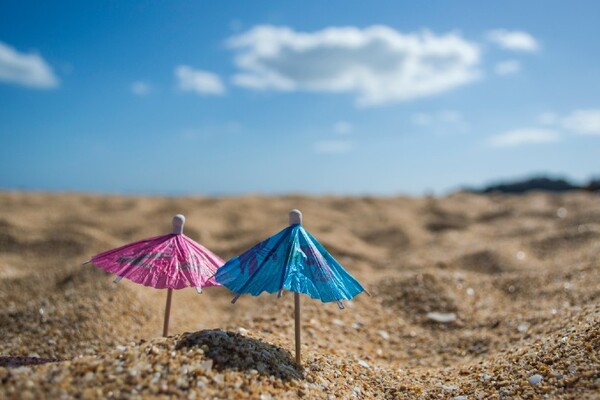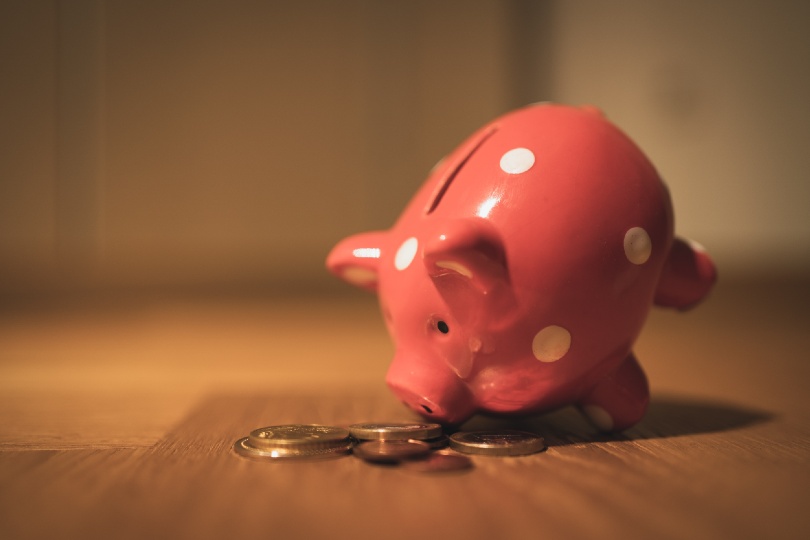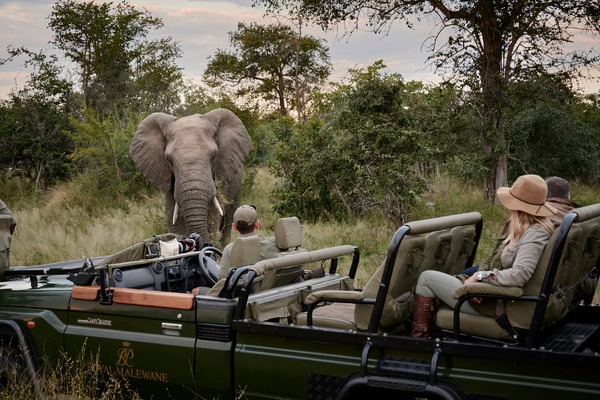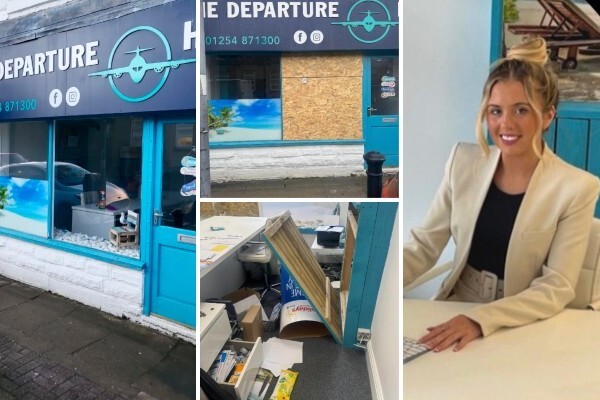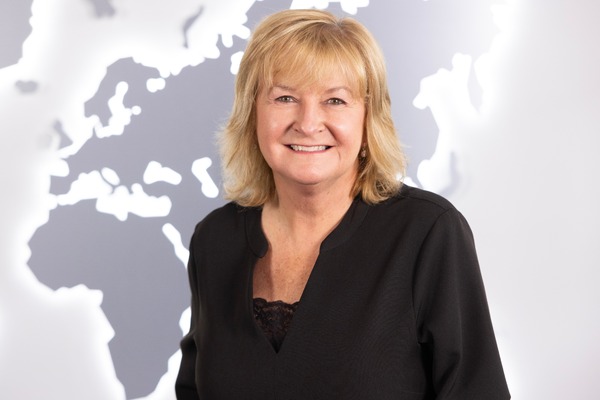Spending on travel continuing to outpace other non-essentials – Barclays
 Gary Noakes
Gary NoakesConsumer spending on travel has risen by 11.6% year-on-year – far outpacing growth in all other areas of non-essential purchasing, according to new research.
In comparison, Barclays and the Centre for Economics and Business Research (CEBR) found spending on non-essential items had grown only 3.4% in the past 12 months, with entertainment growing at 6.5%.
Barclays predicted Britons will spend an average of £3,322pp on "experience economy" activities between June and September, although the median estimate is far less at £701.
Almost half (46%) of the £3,322 average will go towards travel, with holidays abroad averaging £906 and staycations £615. Other notable activities include live entertainment (£435), attending sports events (£295), and trips to the seaside (£143).
Barclays and the CEBR estimate the experience economy contributes £134 billion to the broader UK economy, more than the GDP of Morocco.
Between now and 2027, the CEBR projects the UK’s experience economy, which employs an estimated three million people, will grow by an average of 2.6%, surpassing the 1.6% for the UK economy as a whole to reach an estimated £146 billion.
Dr Peter Brooks, Barclays’ chief behavioural scientist, said: “We’re witnessing a long-term behavioural shift that will see experiences like travel and live entertainment take up a greater share of our discretionary spending, certainly this summer but also into the foreseeable future.
“The excitement of buying new furniture, a TV or smartphone tends to disappear relatively quickly as those items get normalised into our everyday lives.
"However, the memories created from spending on experiences, especially when it’s with family or friends, has been linked to longer-term boosts to happiness as the memories created live on when we reminisce about those shared moments.”
’Notable shift’
Barclays’ All To Play For: Winning With Experience report also found 90% of consumer-facing businesses believe demand for memorable experiences is growing faster than demand for physical products, while 91% observed consumers were still prioritising spending on memorable experiences “even when money is tight”.
The research found 57% of consumers would rather spend money on a good experience than on material possessions, up five percentage points from 2018. Nearly two thirds (63%) would rather tell people about something they have experienced rather than something they have bought. Similarly, 44% were seeking new and unique experiences to make the most of the summer – a figure that rose to 61% for 18 to 34-year-olds.
Sam Miley, CEBR managing economist and forecasting lead, added: “Since the pandemic, there has been a notable shift in consumer preferences away from goods and towards services. This has brought considerable benefit to the experience economy, which is now far larger than its pre-Covid size.
“Such benefits are not expected to be short-lived. The experience economy is projected to expand at a faster rate than the economy as a whole in the coming years, making a significant contribution to overall growth.”
Sign up for weekday travel news and analysis straight to your inbox

Gary Noakes
Supplier Directory
Find contacts for 260+ travel suppliers. Type name, company or destination.
